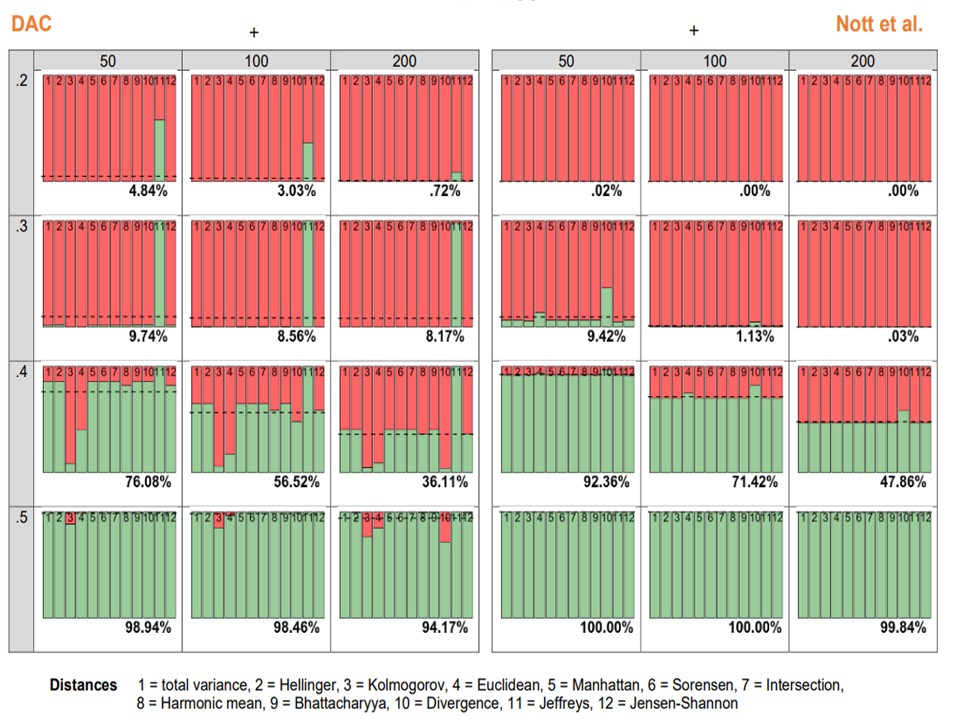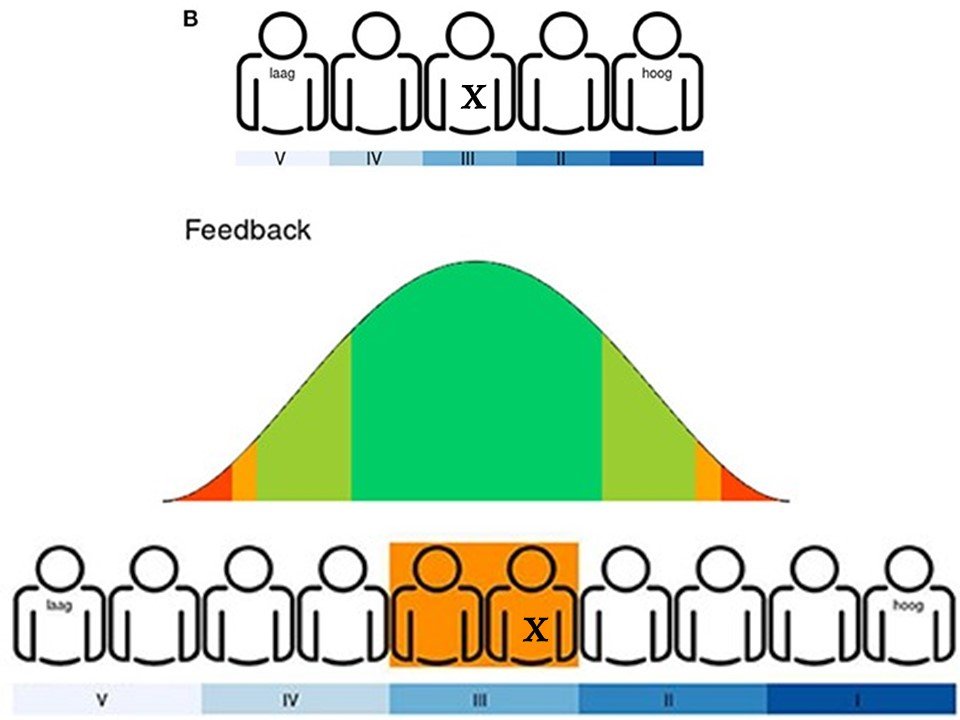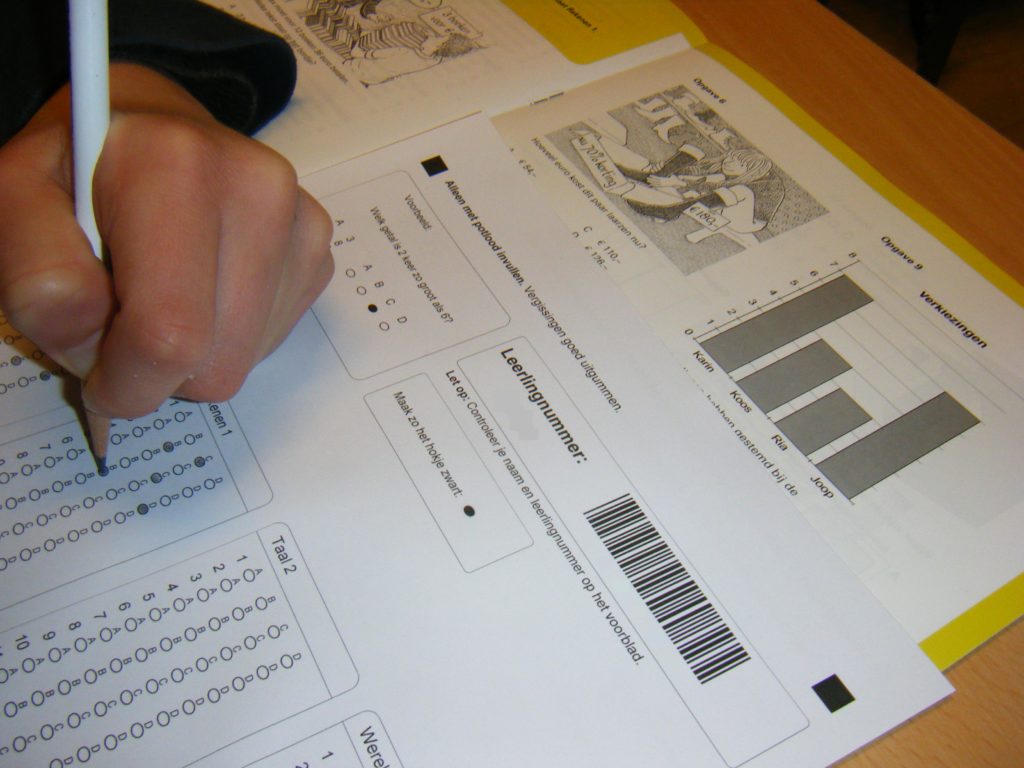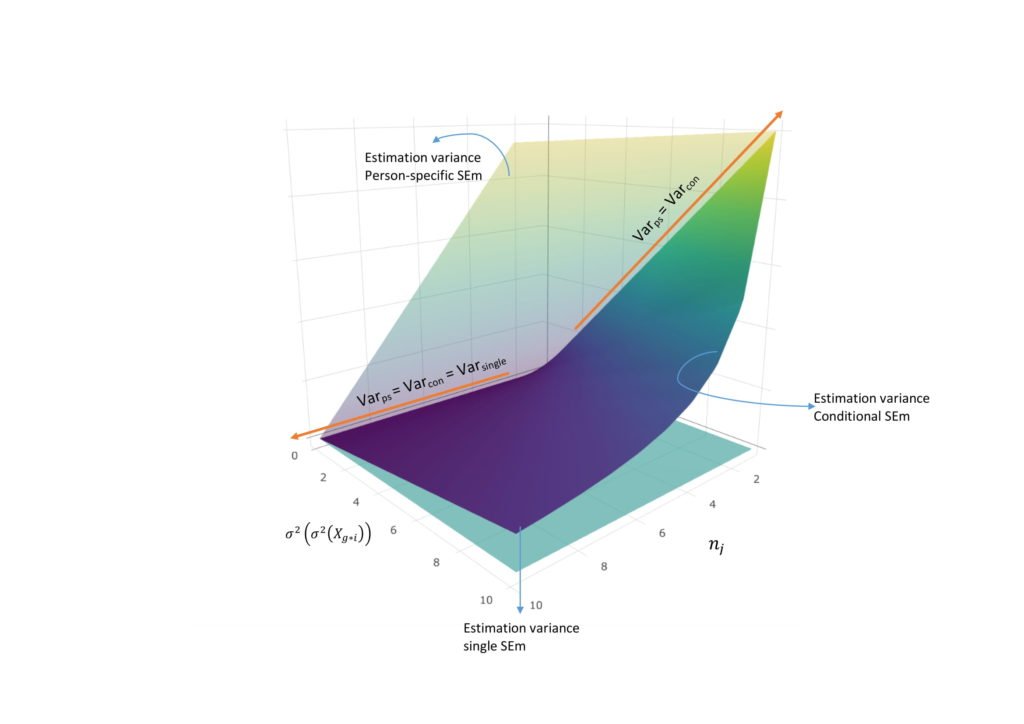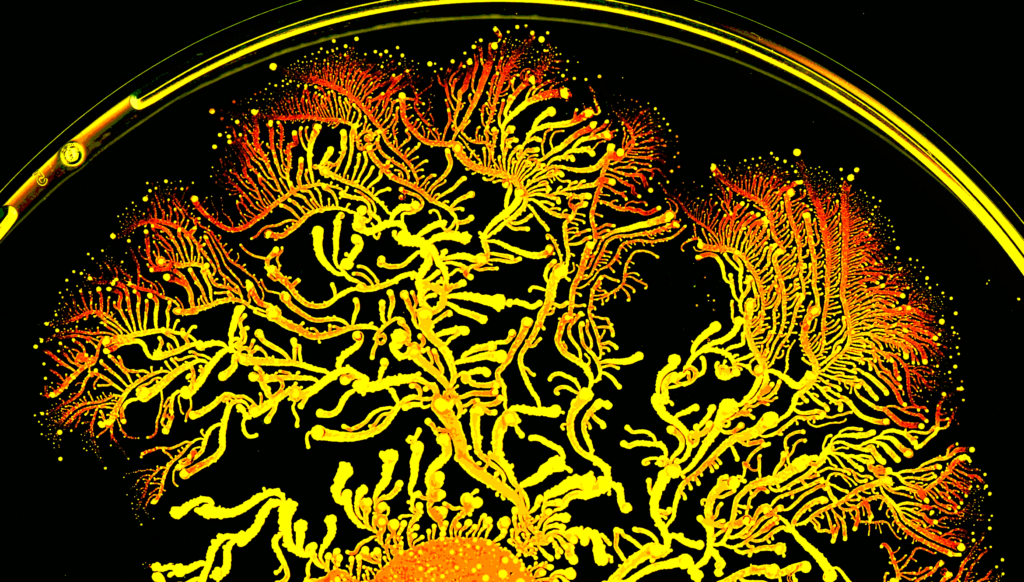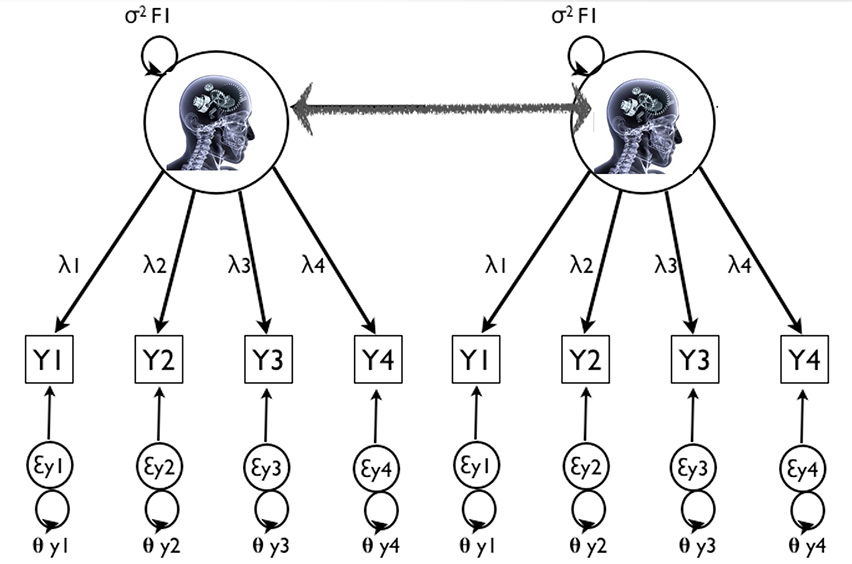Teacher knows best?
In this dissertation, we focused on two alternative approaches to evaluate the hypothesis of interest more directly, i.e. informative hypothesis testing and model selection using order-restricted information criteria.
Choice of Distance Measure Influences the Detection of Prior-Data Conflict
The present paper contrasts two related criteria for the evaluation of prior-data conflict: the Data Agreement Criterion (DAC; Bousquet, 2008) and the criterion of Nott et al. (2016). We investigated how the choice of a specific distance measure influences the detection of prior-data conflict.
Wie weet het beter, de docent of de centrale eindtoets?
In 2015 werd het docentadvies leidend bij de plaatsing van leerlingen in het voortgezet onderwijs. De invoering van deze maatregel is nog altijd omstreden, getuige vurige discussies onder wetenschappers en in de media. De prangende vraag is: wie weet het beter, de docent of de Centrale eindtoets?
Development and Evaluation of a Digital Expert Elicitation Method
The paper describes an elicitation procedure which opens up many opportunities to investigate tacit differences between “subjective” teacher judgments and “objective” data such as test results and to raise the diagnostic competence of teachers.
Deelname onderzoek lvs-CITO scores
We zijn op zoek naar (parttime* en fulltime) PO docenten groep 3 t/m 7, die gebruik maken van het CITO LVS systeem. Aanmeldingen van individuele docenten zijn welkom, maar opgeven met een groep collega’s of zelfs met het hele team is ook mogelijk.
Hoe zat het ook alweer? Het betrouwbaarheidsinterval in intelligentietests
Hoe wordt een betrouwbaarheidsinterval van IQ-tests ook al weer opgesteld? Een opfriscursus aan de hand van de WISC-III-NL.
Measurement Invariance
To assess the presence of abstract concepts in people, like prolonged grief disorder, peritraumatic dissociation and students’ motivation, surveys can be used. When concepts are operationalized by means of questions or “items”, they are called “latent variables”.
Expert Data (Dis)agreement
Elicitation is the process of extracting knowledge about the parameters in the statistical model. This information can then be used to provide input for the prior distribution needed for Bayesian analysis. Several methods of prior elicitation are used in practice including the use of experts.
Research Talent Grant awarded to Kimberley Lek
Our Research Talent proposal titled “How to hedge our bets in educational testing: combining test results with teacher expertise” has been granted by the Netherlands Organisation for Scientific research. Kimberley Lek will work on this project for the next 4 years. Summary of the proposed research In…



